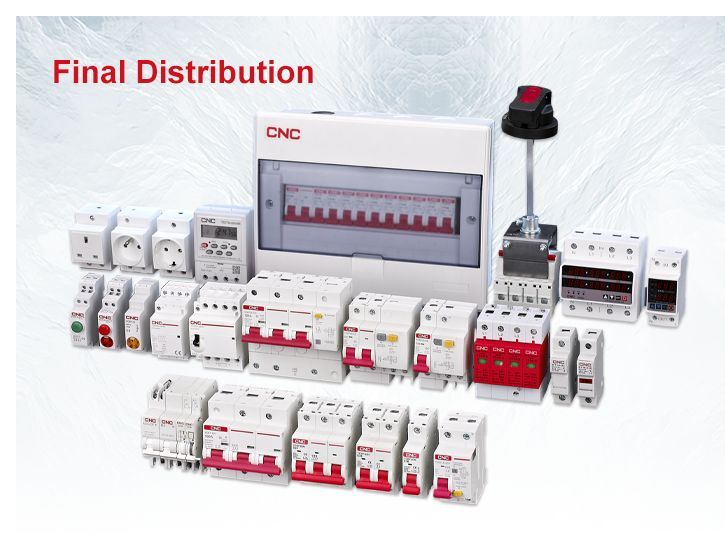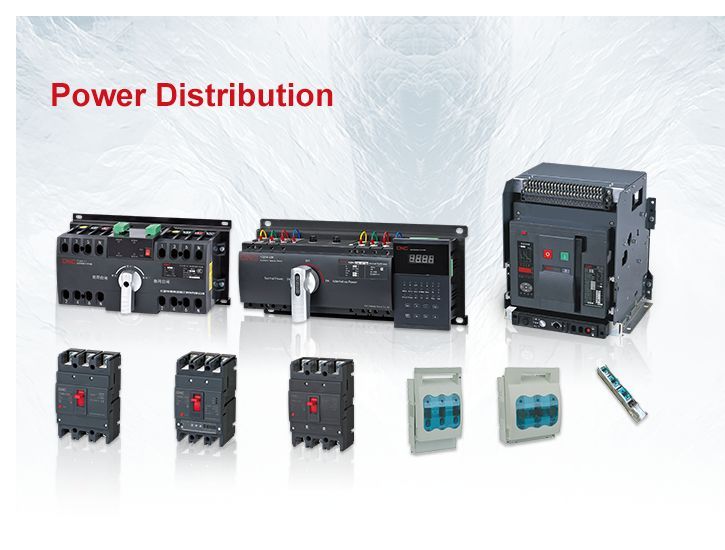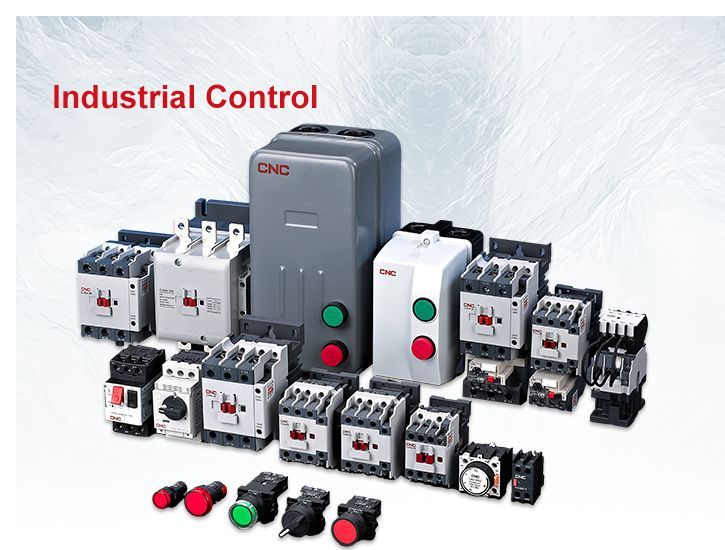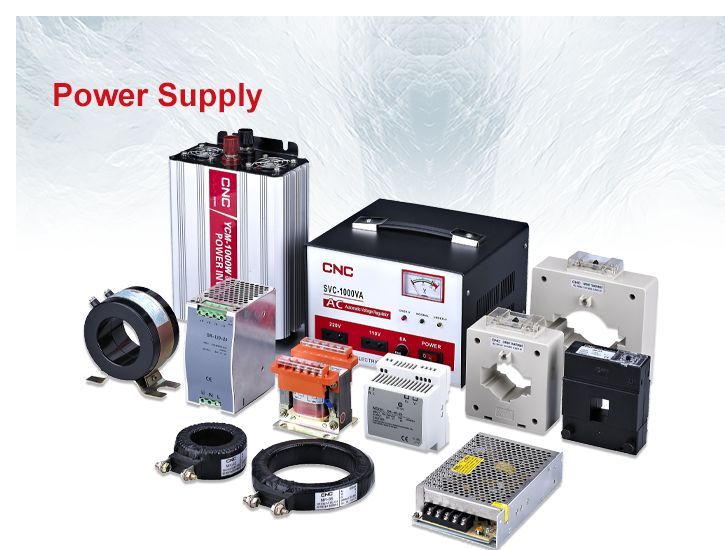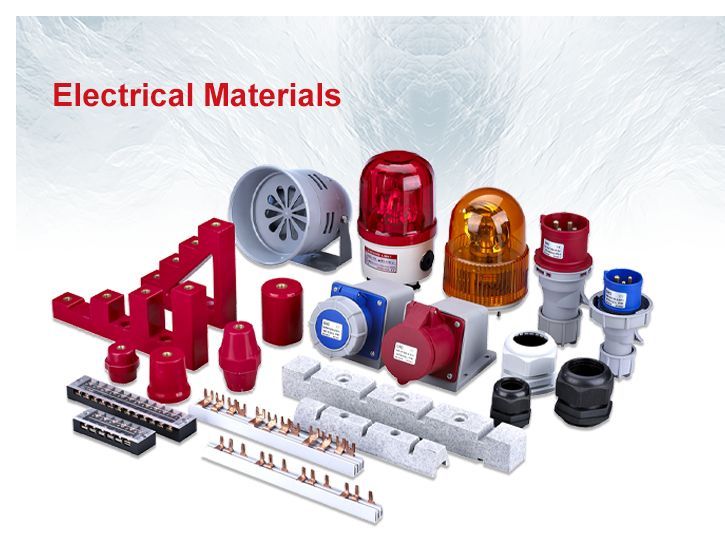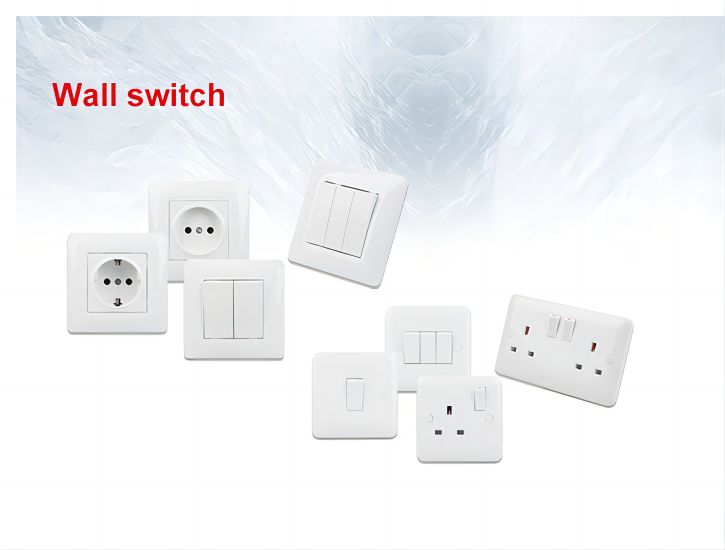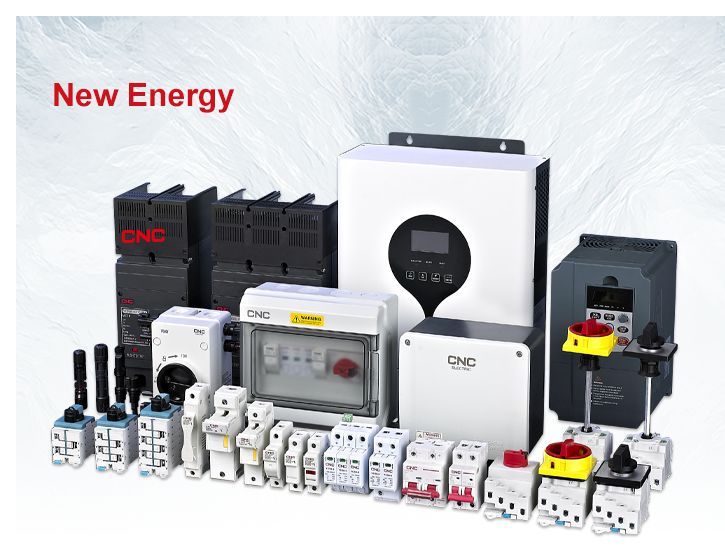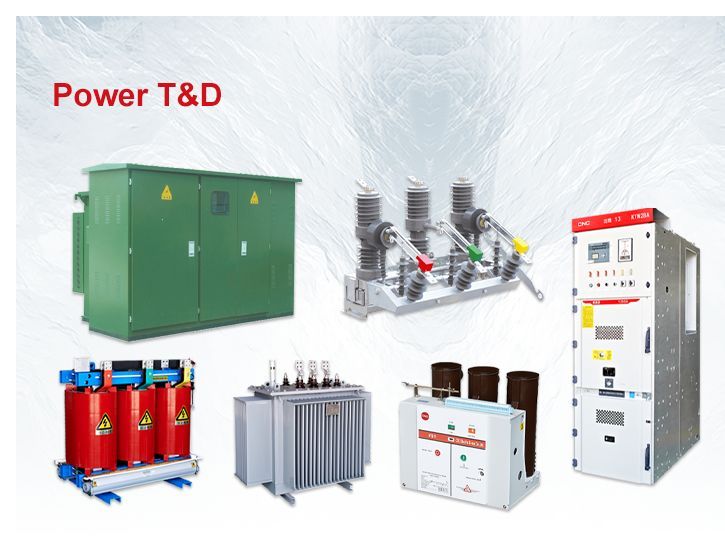General
This series of Automatic transfer switch is suitable for AC 50Hz/60Hz, rated working
voltage 230V/400V and below power distribution and control circuit.The current up
to 63A. It is mainly used as the main switch of terminal electrical appliances, and can
also be used to control various types of motors, low-power electrical appliances,
lighting and other places.
Standard:IEC60947-6-1
Features
1.This product adopts modular design,the execution components,transmission mechanism,control circuit is completely independent. So it's easy to replace.
The intelligent Automatic transfer switch is composed of two parts, the controller and the main device, and has a simplified structure in which two sets of circuit
breakers are assembled in a switch shell.
2.The mechanical interlocking device adopts gear drive,which completely eliminates the possibility of closing at the same time.
3.The appearance of product is small. Appearance patent product.
4.The control circuit layout of the controller adopts the separation of working voltage and sampling power supply from MCU control, which overcomes the electromagnetic interference from the hardware structure.
5.The product with complete functions,including starting generator, fire control, fire feedback signal, main power and emergency power closing passive singal output, three phase detection of main power and emergency power.
6.Modular design. Good interchangeability of components. Convenient installation
Selection

Technical data
| Rated current(A) |
6,10,16,20,25,32,40,50,63 |
| Pole |
2P,3P,4P |
| Rated working voltage(V) |
Single phase 230 |
| Three phase 400 |
| Rated insulation voltage Ui |
500V |
| Rated impulse withstand voltage Uimp |
4kV |
| Rated short-circuit making capacity Icm |
7.5kA,Power-on time 0.1s |
| Rated making and breaking capacity Icn |
5kA,1.05Ue,cosφ=0.65 |
| Mechanical life |
10000 times |
| Electrical life |
6000 times |
| Transfer action time |
≤5s |
| Undervoltage/Overvoltage action value |
165/270±5V |
Control panel description

1.Auto/Manual mode control switch: When the control switch at the right position, it's in automatic mode, and when the control
switch at the left position, it's in manual mode.
2.Mian power indicator: When the main power voltage is normal, this indicator on. It turns off when main power phase is missing,
flashes rapidly at 10Hz when main power overvoltage, and flashes slowly at 2Hz when main power undervoltage.
3.Emergency power indicator: When the emergency power voltage is normal, this indicator on. It turns off when emergency power
phase is missing, flashes rapidly at 10Hz when emergency power overvoltage, and flashes slowly at 2Hz when emergency power
undervoltage.
4.Emergency on indicator: When the emergency circuit breaker is closed, this indicator on. Flashes slowly at 2Hz when the emergency
circuit breaker trips.
5.Mian on indicator: When the main circuit breaker is closed, this indicator on. Flashes slowly at 2Hz when the main circuit breaker trips.
6.Terminal 1,2 and 3 is start generator output terminal: When the main power supply is normal, port 3 and 2 will turn off. And port
3and 1 will turn on. When the main power supply abnormal, port 3 and 2 will turn on. And port 3 and 1 will turn off. It is
recommended to connect normally closed contacts port 3 and port 2.
7.Terminal 4-5: Main power on state passive output port.
8.Terminal 6-7: Emergency power on state passive output port.
9.Terminal 8-9: Fire feedback: It is a passive output port. When the fire signal is connected and the product is powered off
successfully, this port is closed.
10.Terminal 10-11Fire input: Passive input signal, short-circuit this port, switch transfer to power off position. And the main power on
indicator light and the emergency power on indicator light flashes alternately. If you need to remove the fire status, you can
manually flip the "manual/automatic" switch, and turn the switch to the "automatic" state after completion.
Notice:
If the Mian on or Emergency on indicator flashes. At this time, it is necessary to manually check and confirm that the load side is
normal, and then toggle the Manual/Auto switch to release the fault signal, and in manual mode state rotate the operation handle to
perform an opening and then closing operation.




 Projects
Projects.jpg) Solutions
Solutions Services
Services News
News About Us
About Us